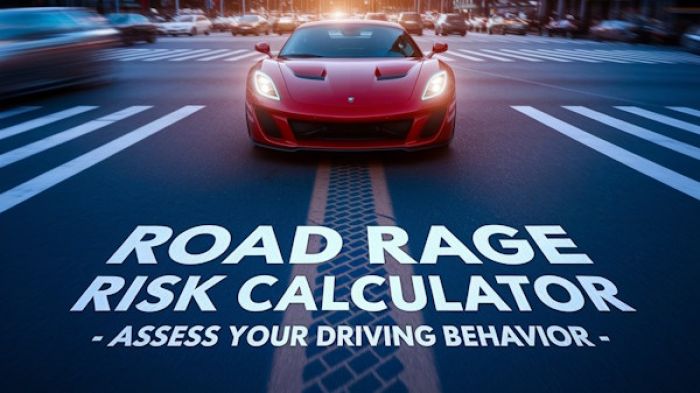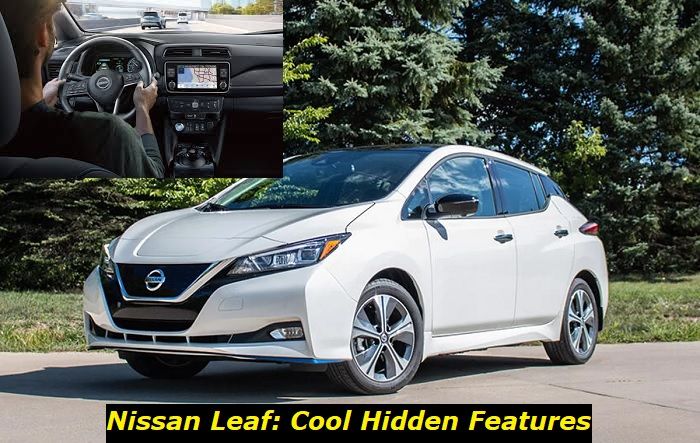Chevy Silverado is a fave among truck lovers. The full-sized truck is dependable and tough. Sadly, this truck occasionally experiences problems. So, you may be left scratching your head and wondering what went wrong if you have recently installed a new battery in your Chevy Silverado and it still won't start. We expect a new battery to provide enough power to power a vehicle. So it is frustrating and concerning when the new battery doesn't power your car.
Crank-no-start problems highlights
- Level of urgency:High
- Can you drive?Obviously, no
- DIY inspection:Possible but complicated
- DIY repair:Mostly,impossible
- Price for repair:$350 - $800
- Common Reasons:No spark, no fuel, no air, battery issues, starter problems, electronics
- Ways to fix:Inspect units that may cause this problem one by one
.jpg)
Reasons Why Your Chevy Silverado May Not Start After a Battery Replacement
Chevy Silverado should exhibit a crisp performance when you install a new battery. However, there are cases when the truck fails to start after installing a new battery.
There are several reasons your Chevy Silverado may fail to start after installing a new battery. Although diagnosing and resolving the issue may be time-consuming and unpleasant, owners can take several straightforward actions once they can pinpoint why the new battery is not powering the truck.
Here are some possible reasons your Chevy may fail to work after installing a new battery.
Reason #1: Fuel System Issues
The fuel system in a Chevy Silverado is responsible for delivering fuel to the engine. Therefore, the engine may not receive the fuel it needs to start if there is a problem with the fuel system. One common issue that can occur with the fuel system is a clogged fuel filter. Over time, the fuel filter gets clogged with dirt and debris, which can restrict fuel flow to the engine. The obstructed fuel flow may cause a lack of power or a stalling engine. In some cases, it may prevent the engine from starting altogether.
A faulty fuel pump is another potential fuel system issue that can prevent your new Chevy Silverado battery from powering your truck. The fuel pump transports fuel from the gas tank to the engine. Therefore, the fuel may not reach the engine if there is an issue with the fuel pump. Hence, it will create a no-start condition. You may have to fix your fuel pump to enjoy the perks of a new battery.
Fixes to fuel system issue
- Check the fuel filter to see if it is clogged. You may have to unclog or replace the fuel filter if it's beyond cleaning and repairing.
- If the fuel filter is in a satisfactory condition, you may need to test the fuel pressure to determine if the fuel pump is functioning as expected.
- If the fuel pressure is low, it may be necessary to replace the fuel pump.
Reason #2: Corroded Battery Terminals
A Chevy Silverado's new battery may not be able to effectively supply electricity to the starter motor if the battery terminals are corroded or unclean. Battery terminals corrode over time due to exposure to moisture and other environmental factors. Corrosion can lead to poor electrical connections. Thus, corroded battery terminals can prevent the battery from providing enough power to start the engine, even if the battery itself is new. The corrosion can create a layer of resistance that can prevent the flow of electrical current to the starter, resulting in a no-start condition.
Fixes to Corroded Battery Terminals
- Open the hood of your Chevy Silverado and locate the battery.
- Inspect the battery terminals for any signs of corrosion. Corroded parts often appear as white or greenish substances on the terminals.
- Clean the terminals to restore the electrical connection if you see any signs of corrosion.
- Disconnect the negative cable from the battery first, followed by the positive end to clean the terminals.
- Use a wire brush or battery terminal cleaner to scrub the terminals until you remove the corrosion.
- Rinse the terminals with water and dry them thoroughly before reconnecting the battery cables.
- After cleaning the terminals, try starting your Chevy Silverado. If the engine still doesn't start, another issue may be causing the problem.
Reason #3: Faulty Starter
A new Chevy Silverado's engine may fail to start due to a damaged starter motor. You may have a faulty starter if you turn the key and hear a clicking sound. The starter pulls the flywheel out of the way and engages the starter ring gear using an electromagnetic field to turn on the engine. So, a "clunk" sound as you turn the ignition key indicates that your starter is damaged.
You may also notice that the engine cranks slowly, or there may be a grinding or whining noise when you try to start the engine if the starter is the problem.
Fixes to Faulty Starter
You can fix it as follows if you have determined that the starter is the cause of your battery problem.
- Replace the starter: If the starter is faulty, the most common fix is to replace it. It involves removing the old starter and installing a new one.
- Check the wiring: Sometimes, the issue with the starter may be due to faulty wiring or loose connections. Check the wiring connections between the battery and the starter to ensure they are tight and corrosion free. Replace the wires if you notice any damage.
- Clean the starter: It may be possible to clean it and get it working again if it is not dead. Remove the starter from the vehicle and clean it with a wire brush and solvent to remove dirt, grime, or corrosion. Cleaning can improve the connection between the starter and the battery.
Reason #4: Bad Alternator
A new Chevy Silverado battery may not work if your truck has a malfunctioning alternator. The alternator is responsible for charging your battery while the engine is running. Therefore, your new battery may fail to start if it is not functioning as expected. The battery will discharge quickly. Hence, it may not have enough charge to start the engine resulting in trouble starting your Chevy Silverado despite installing a new battery.
How To Fix a Bad Alternator
Here are the possible fixes if you suspect your alternator is the issue.
- Replace the alternator: The process involves removing the old alternator and installing a new one.
- Check the belt: There is a belt that drives the alternator. It should be operable for your alternator to work as expected. So you may have to replace it if the belt is loose, broken, or worn out.
- Clean the connections: Dirty or corroded connections may cause your alternator to stop charging the new battery properly. Therefore, remove the battery cables and alternator connections, clean them with a wire brush and solvent, and reattach them securely.
- Repair or replace other related components: Sometimes, other parts related to the alternator, such as the voltage regulator or wiring, may cause your new battery to stop working.
Reason #5: Ignition Switch Issues
You may have to check your ignition if the new battery fails to start your truck fails to start. A faulty ignition may cause the battery to malfunction.
The ignition switch transmits power from the battery to the starter motor. It cranks the engine to start the truck. It is critical to check whether the ignition switch is functioning since a problematic ignition switch can make it impossible for your Chevy Silverado to start.
Fixes to Ignition Switch Issues
- Check for power: Use a multimeter to check if the starter motor receives enough power when you turn on the ignition. The problem could be with the ignition switch if there is no power.
- Check the wiring: Assess the wiring from the ignition switch to the starter motor for any signs of damaged or loose connections. Repair, retighten, or replace the wiring if you notice damage or loose wires.
- Test the ignition switch with a multimeter or a test light. Do it while the key is in the "on" position. Evaluate whether the power is reaching the ignition switch. You may have a problem with the ignition switch if enough power is not getting to the switch. Think of replacing the entire switch or specific components. A skilled mechanic can help you fix the issue.
- Replace the ignition switch if it is faulty. You can do it as a DIY project or let a mechanic help.
Wrapping up
In conclusion, several issues may cause your new Chevy Silverado battery to fail to start. A loose or corroded battery connection, faulty starters, alternators, or ignition switches may cause the battery to malfunction. Also, several components can impact your vehicle's ability to start.
By performing a few simple tests and inspections, you can diagnose the problem and take the necessary steps to get your vehicle back up and running. If you have checked all of these possible causes and the truck still does not start, it is best to seek the help of a qualified mechanic for further diagnosis and repair. You need the right skills to avoid making the situation worse. But you can always turn to a professional mechanic for assistance.
About the authors
The CarAraC research team is composed of seasoned auto mechanics and automotive industry professionals, including individuals with advanced degrees and certifications in their field. Our team members boast prestigious credentials, reflecting their extensive knowledge and skills. These qualifications include: IMI: Institute of the Motor Industry, ASE-Certified Master Automobile Technicians; Coventry University, Graduate of MA in Automotive Journalism; Politecnico di Torino, Italy, MS Automotive Engineering; Ss. Cyril and Methodius University in Skopje, Mechanical University in Skopje; TOC Automotive College; DHA Suffa University, Department of Mechanical Engineering






Add comment